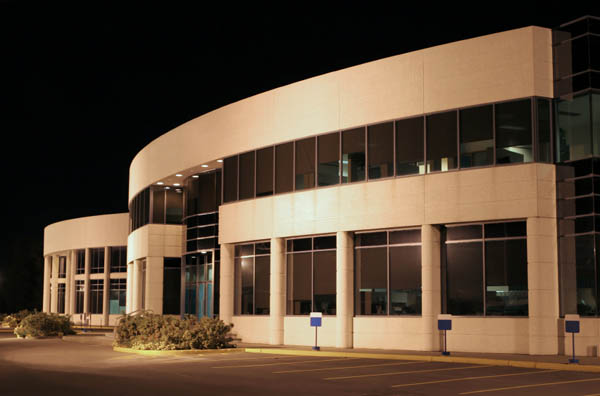If You Are Looking To Buy Or Sell Commercial Real Estate, These Tips Can Be Very Helpful For You
Written by Maynas Eric. Posted Tuesday, October 15, 2013 on Maynaseric.com.
You probably have a better chance at making a profit in the commercial real estate market than in the residential real estate market. Finding good opportunities can be quite difficult, however. These tips will help you decipher the variables so that you make good real estate decisions.
Make sure that you invest some time researching local income levels and other factors, such as unemployment rates or local employers plans for expanding or contracting their businesses before you invest a large amount of funds into real estate. In addition, you want to keep in mind what else is close to the property. Any place that supplies a large number of jobs to the economy can raise the resale value of any property and make it much faster to sell if you decided to go that route. Big employers might consist of hospitals, factories, or universities.
When choosing between two different types of commercial properties, it's best to look at things on a bigger scale. Regardless of which way you choose, coming up with the capital is a common factor, so often times it will be be worth digging a little bit deeper to get the larger property in order to maximize your long-term profits. Just think about it as the more you buy the lower you are paying per unit, so you save more in the end.
You also want to take into consideration the neighborhood that your real estate is in when you purchase commercially. In general, it's better to locate a business in a richer area because rich customers obviously have more discretionary income. Yet, if you have a business that might thrive in a neighborhood where the not so well-off would opt to go to your business, then maybe that kind of neighborhood is for you.
You should advertise your commercial property as being for sale to people locally and those who are not local. There are a lot of people who make the big mistake who think that only local people want to purchase their property. Many private investors find it appealing to purchase properties that are affordably priced outside of their direct area.
Keep your focus on the largest issues when writing your letters of intent. Keep it simple and save the smaller issues for later in the negations. The negotiations will go much better and be less stressful if you keep the small stuff out of the way and can focus on the larger issues first.
If you are hunting among multiple properties, make a checklist for touring sites. Accept responses to the initial proposals, but don't go further than that unless you inform the property owners. You should not have any hangups about letting the owners know that you are still deciding on other properties. It might lead to a better deal.
Know what your specific needs are prior to starting your commercial real estate hunt. You should write a list of which features are most important to you. For example, do you need a specific number of restrooms, a specific amount of square footage, or a conference room?
The commercial space you want to rent may need some changes before you can move in. Cosmetic changes like painting walls and rearranging furniture might be needed. Other changes may be more significant, such as moving walls or installing new doors. When negotiating, you should discuss who will pay for the improvements you'll have to make, and should see if the current owner will cover some of your costs.
Always include emergency maintenance on your list of need to know things. Find out from your landlord who to contact for emergency repairs, such as plumbing accidents. Learn the phone numbers and response times. Work with your landlord to create a contingency plan in the event that an unforeseen disaster occurs; this will allow you to avoid customer service or public relations nightmares.
There isn’t just one type of broker for commercial real estate. So-called “full service” brokers represent both tenants and landlords, while there are other brokers that work exclusively with tenants. Consider hiring a tenant-only broker as he’ll have the most experience in dealing with situations such as yours.
Dual Agency
Before paying any agent, check his or her disclosures; these can tell you a great deal about the agent’s character and ability. Remember that dual agency is also an option. Dual agency is when a real estate agency is responsible for the representation of both parties involved in a transaction. In the case of a rental situation, the agency represents the landlord and the tenant. You and the other party should both agree if dual agency is to be okay.
During the commercial loan process, the person who is the borrower will need to order the appraisal. It is not unusual for the bank financing your investment to refuse to accept any other appraisal. Protect yourself from this problem and get the appraisal done on your own dime.
Ensure that you’re dealing with a customer-conscious company prior to making a purchase. Failing to do so could result in subtle changes or unneeded payments slipping by and costing you a fortune in wasted money.
Before choosing a real estate broker, you need to know how they negotiate. Find out about their experience and training. You also want to know they are ethical in their approach to finding the best deals. Inquire if they can provide any documentation exampling their previous negotiations, both ones successful and otherwise.
Commercial Real Estate
Now you have the basics of investment in commercial real estate under your belt. You should remember to stay on your toes when it comes to commercial real estate. When doing this, you give yourself the best opportunity to realize a good investment opportunity that other people might not see, resulting in you maximizing your profits.
